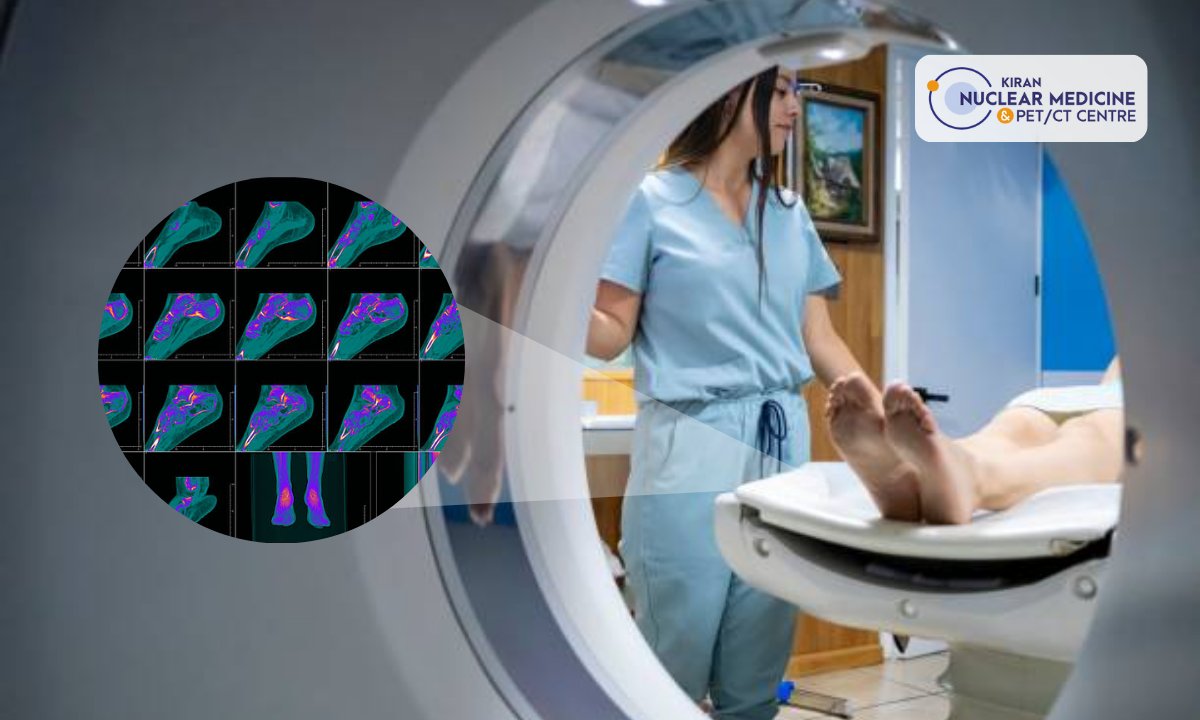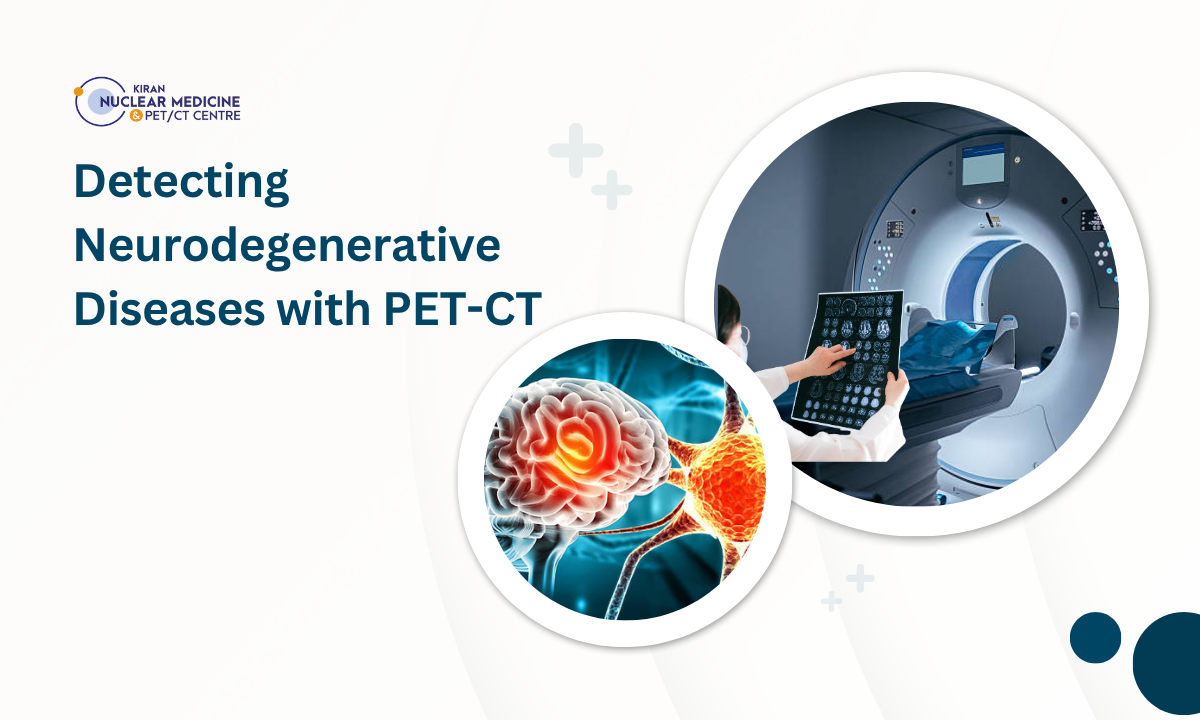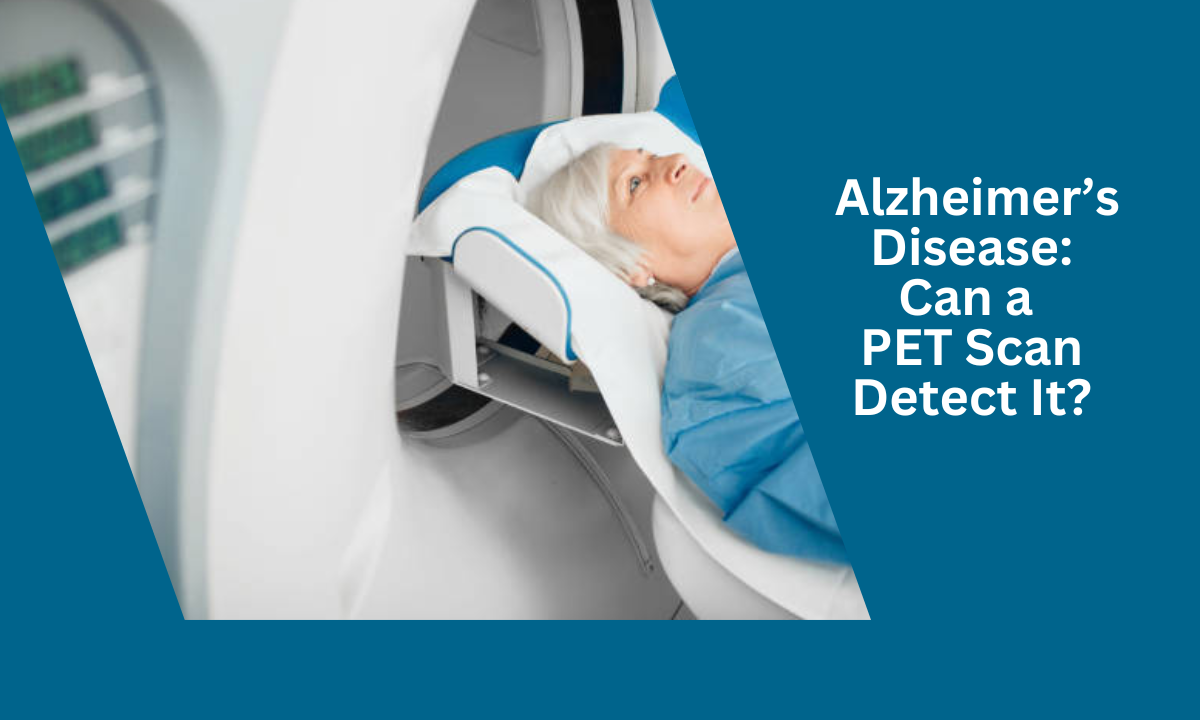In modern medicine, early diagnosis is one of the most critical factors that can drastically influence a patient’s treatment outcome and overall prognosis. Among the most advanced diagnostic tools available today, the PET CT scan stands out for its precision, reliability, and ability to detect abnormalities at a very early stage. This fusion of Positron Emission Tomography (PET) and Computed Tomography (CT) combines functional and structural imaging to give a comprehensive view of what’s happening inside the body.
When it comes to early cancer detection, time is everything. Delays in diagnosis can lead to more aggressive disease progression, limited treatment options, and reduced survival rates. A PET CT scan test can identify cancerous activity even before structural changes become visible, providing a head start in the treatment process.
What is a PET CT Scan?
A PET CT scan is a nuclear medicine imaging test that helps doctors observe both the metabolic function and the anatomical structure of tissues and organs in the body. This is done by injecting a radioactive tracer into the bloodstream, which highlights areas of high metabolic activity — typically where cancer cells are most active. The CT scan component captures detailed cross-sectional images, while the PET scan adds functional imaging to show how tissues and organs are working.
This dual imaging technique is especially crucial in identifying cancerous growths, tracking their spread, evaluating treatment responses, and checking for recurrence after therapy.
Why PET CT Scans Are Vital for Early Cancer Detection
1. Detecting Cancer at the Earliest Stages

One of the greatest strengths of a PET CT scan is its ability to detect early cancer detection — even before patients begin to show symptoms. Because cancer cells have higher metabolic rates than normal cells, they absorb more of the radioactive tracer, allowing doctors to spot malignancies long before traditional imaging tests might notice them.
2. Differentiating Between Benign and Malignant Tumors
It’s not uncommon for a patient to have a mass or lesion discovered during a routine exam or imaging test. A PET CT scan test can help differentiate whether the abnormality is benign or malignant by analyzing the metabolic activity of the cells involved, providing more targeted insight for diagnosis.
3. Staging and Treatment Planning
For patients already diagnosed with cancer, staging the disease is critical to developing an effective treatment plan. A PET CT scan for lung cancer, for example, can help determine if the disease has spread beyond the lungs to lymph nodes or other organs. Knowing the exact stage enables physicians to recommend the most effective therapies, whether it’s surgery, chemotherapy, radiation, or a combination.
4. Monitoring Treatment Effectiveness
Another crucial advantage is the ability to monitor how well a treatment is working. By comparing PET CT scan results taken before, during, and after therapy, doctors can determine whether the tumor is shrinking, staying the same, or growing, thus allowing for timely adjustments to the treatment strategy.
5. Identifying Recurrence
Once treatment is complete, ongoing surveillance is necessary to detect any signs of cancer returning. A PET CT scan is often used in post-treatment monitoring, as it can pick up on the earliest signs of recurrence — often before the patient experiences any physical symptoms.
Common Uses of PET CT Scans
While PET CT scans are often associated with cancer diagnostics, they are used in a variety of other medical conditions, including:
- Neurological Disorders: Such as Alzheimer’s disease, epilepsy, and Parkinson’s disease.
- Cardiology: Assessing blood flow and identifying areas of heart damage.
- Inflammatory Diseases: Detecting infections and inflammatory conditions not visible through other imaging techniques.
However, their most impactful use remains in the realm of oncology — especially for early cancer detection, treatment planning, and follow-up care.
Importance of Accessibility and Location
In India, especially in growing metro cities, the demand for reliable and accurate imaging has led to the widespread availability of PET CT scan facilities. Access to high-quality PET CT scan in Bangalore, for instance, has allowed patients to benefit from early and more accurate diagnoses without needing to travel long distances. This local accessibility ensures timely intervention, which can make a significant difference in treatment outcomes.
What to Expect During a PET CT Scan Test
Before undergoing the scan, patients are typically instructed to fast for a few hours to stabilize glucose levels. Once the radioactive tracer is injected, it takes about 30 to 60 minutes for it to circulate and be absorbed by the body’s tissues. The scan itself usually takes another 30 minutes, during which the patient must lie still to obtain clear imaging.
After the scan, results are interpreted by radiologists and oncologists to determine the next steps in diagnosis or treatment.
Understanding PET CT Scan Results
PET CT scan results provide a combined view of cellular function and structural anatomy. Areas that absorb more of the radioactive tracer will appear as “hot spots” on the scan, indicating high metabolic activity. These areas are typically where cancer cells are most active. The results help determine:
- Whether a mass is cancerous or not
- If cancer has spread
- Whether current treatments are effective
- If there’s any recurrence
Patients should always review their results with a specialist who can interpret the findings accurately and develop a suitable treatment plan.
Conclusion: The Role of Early Diagnosis and Kiranpet
In summary, timely and precise diagnosis through a PET CT scan is one of the most powerful tools available in modern medicine. It plays a pivotal role in early cancer detection, efficient treatment planning, and long-term monitoring of disease progression or recurrence. As more people become aware of its importance, the adoption of this technology is increasing across major healthcare facilities.
In this landscape, Kiranpet is a name synonymous with trust and advanced diagnostic care. With a mission to provide high-quality PET CT scan services in Bangalore, Kiranpet has become a leading center for early and accurate disease detection. Backed by cutting-edge technology and a team of experienced radiologists, Kiranpet ensures that patients receive accurate diagnoses quickly, enabling life-saving treatments to begin without delay.
Whether it’s for a PET CT scan test, PET CT scan for lung cancer, or to understand your PET CT scan results, Kiranpet offers reliable solutions in a patient-centric environment. For those seeking accurate diagnosis and compassionate care, Kiranpet stands as a beacon of healthcare excellence in Bangalore.







